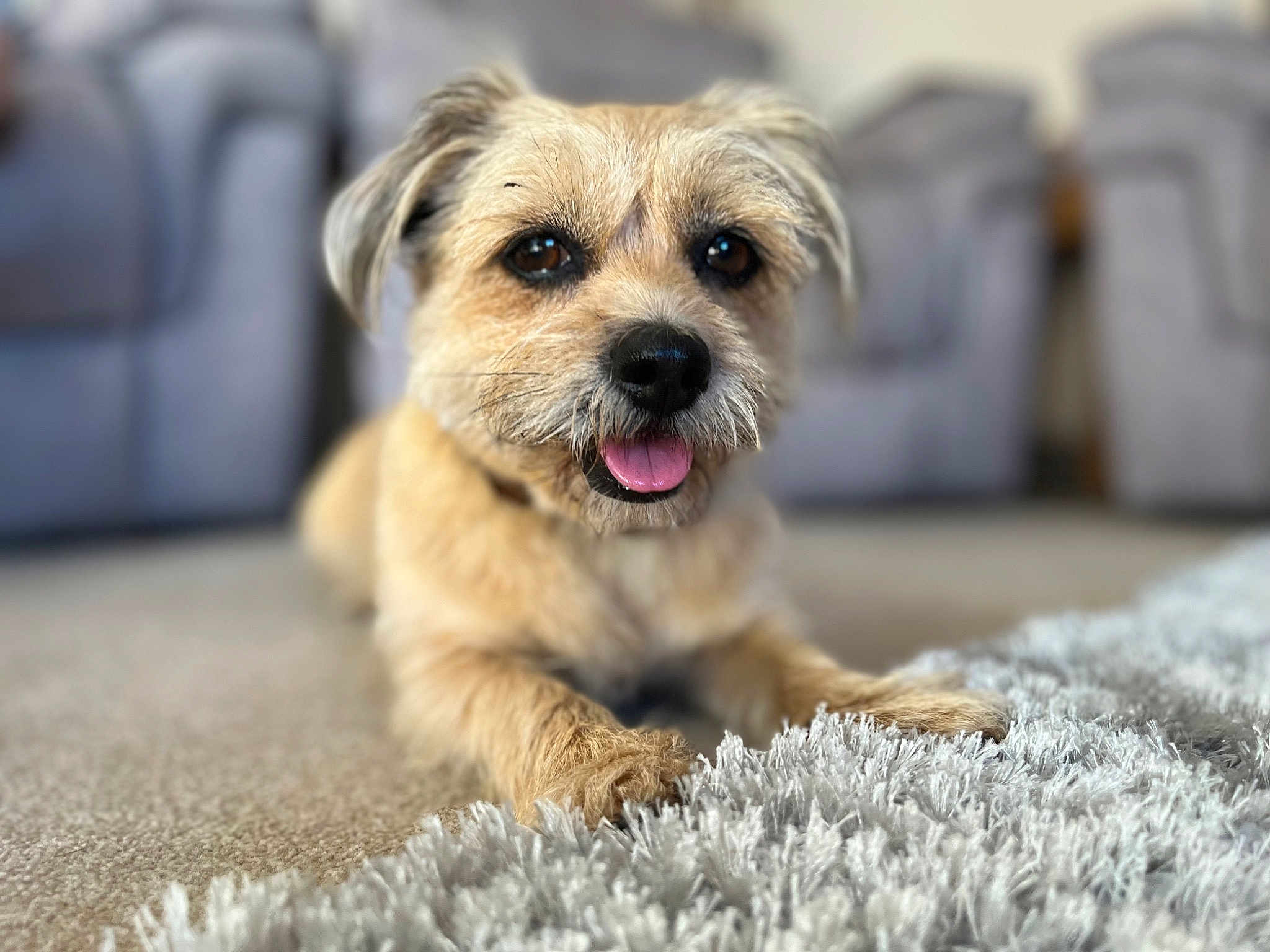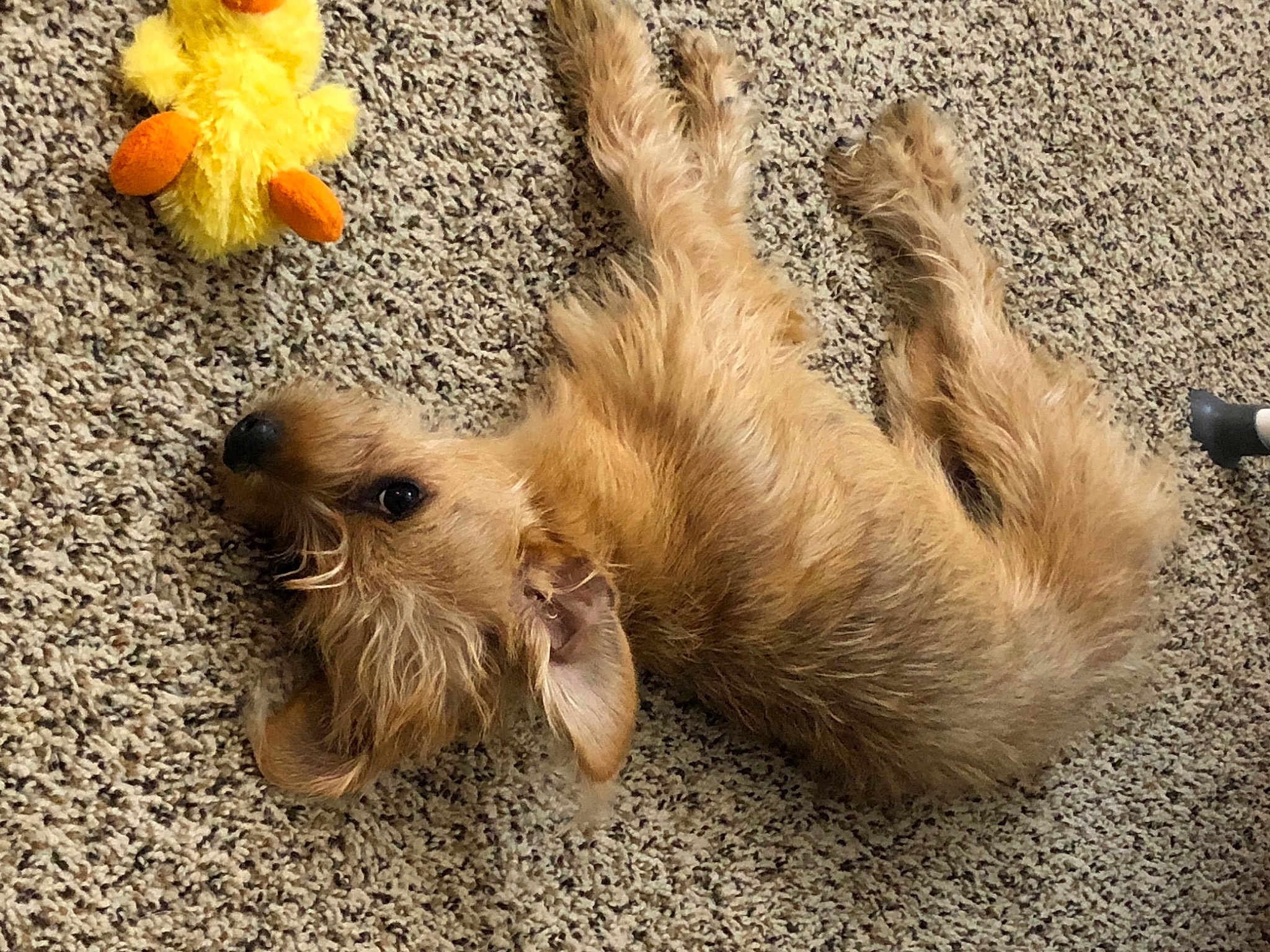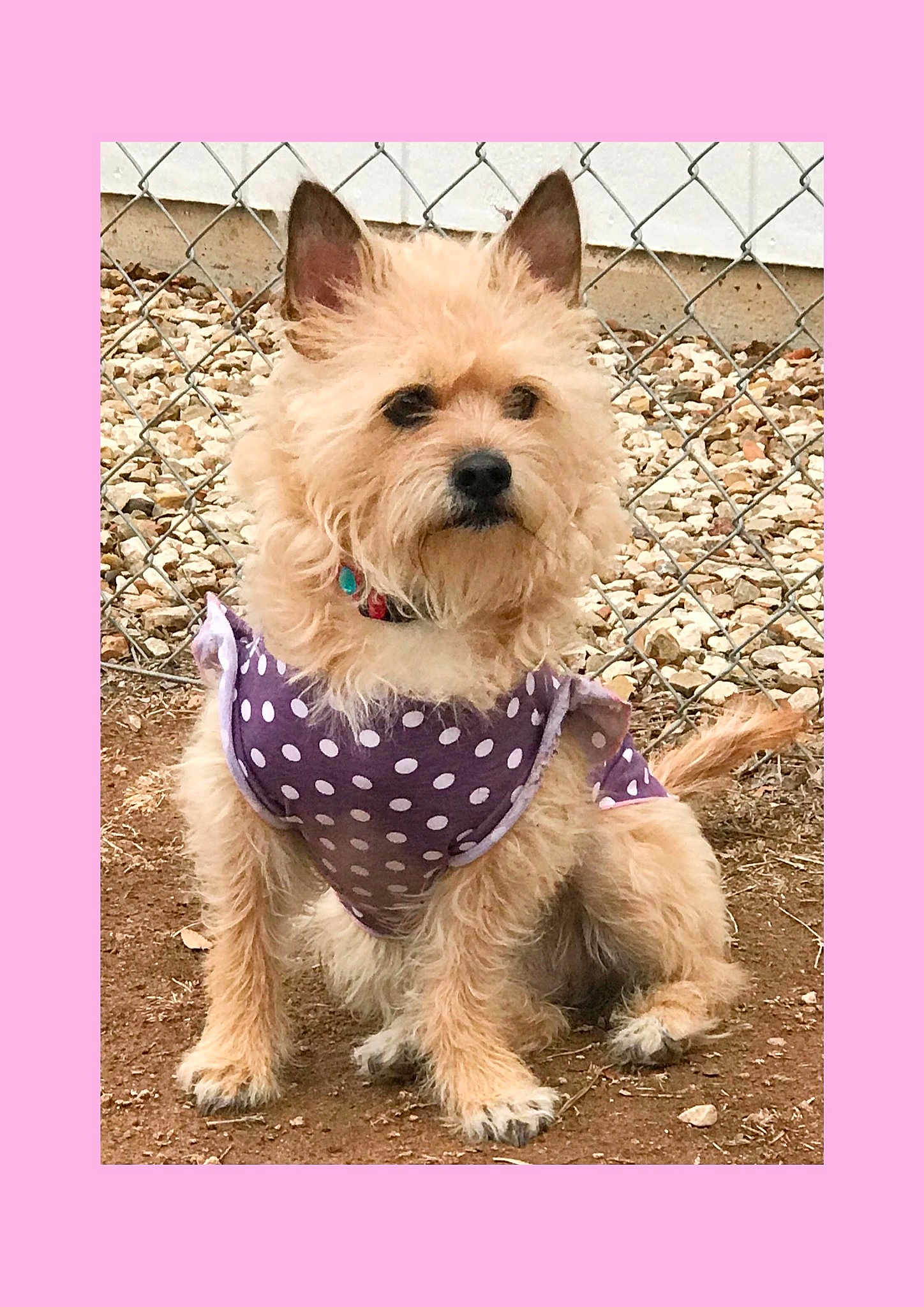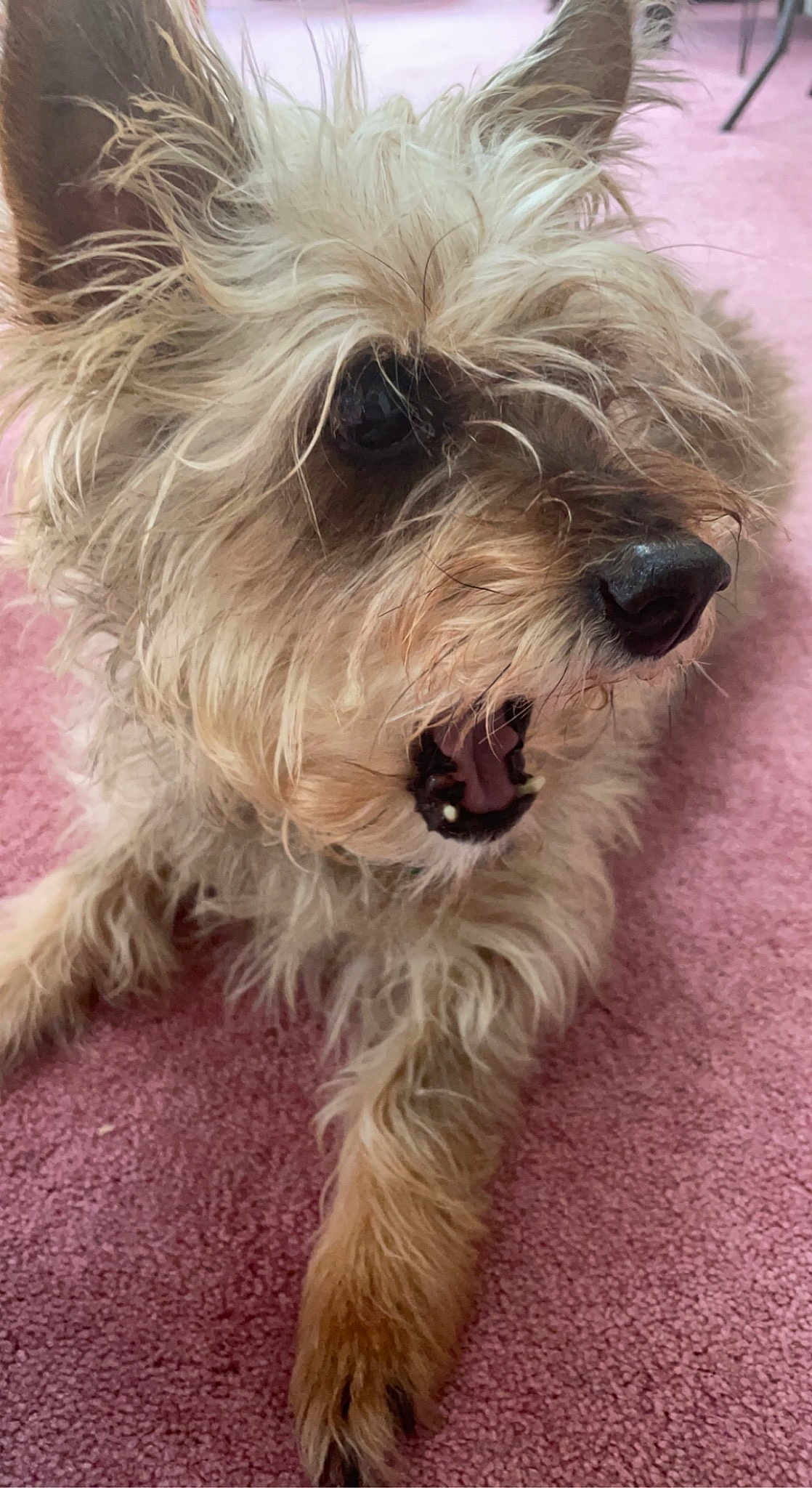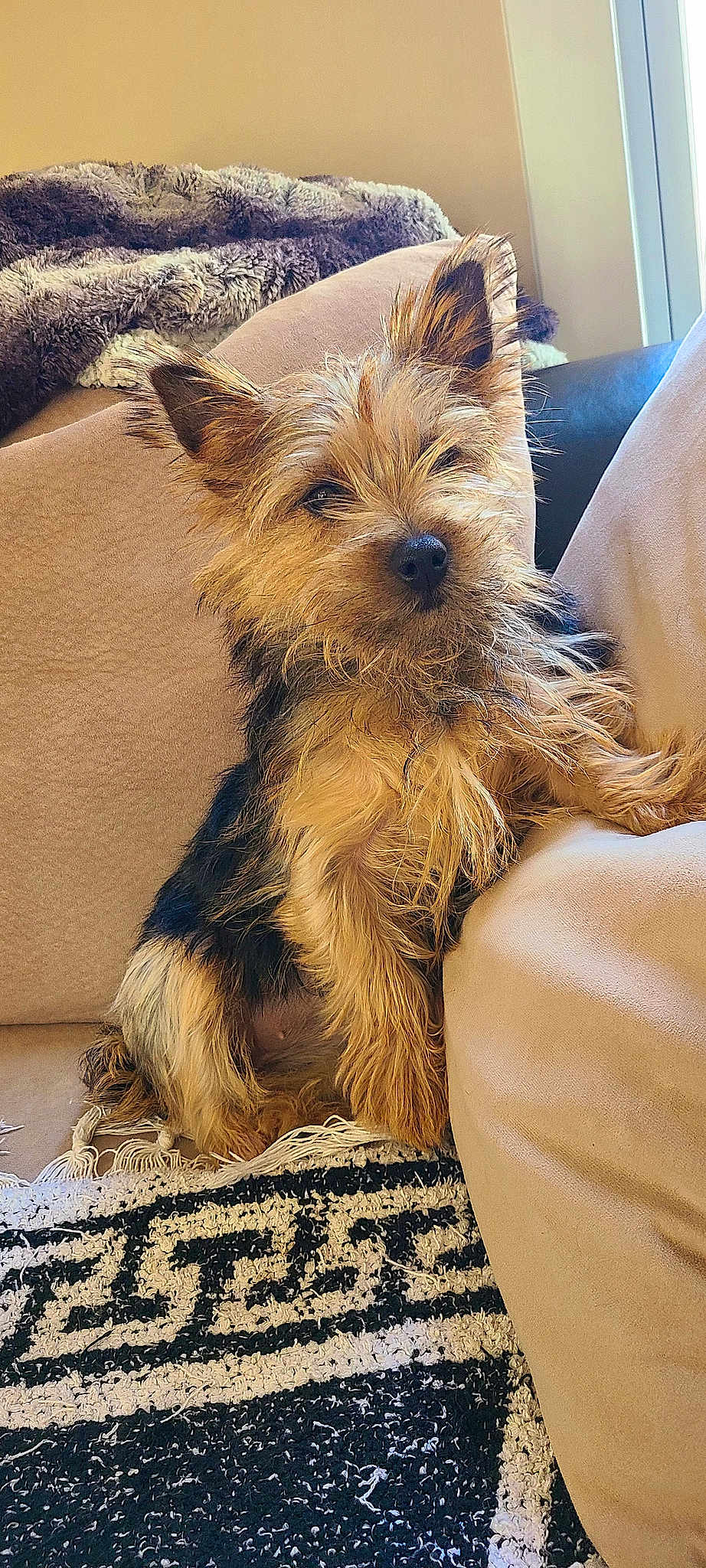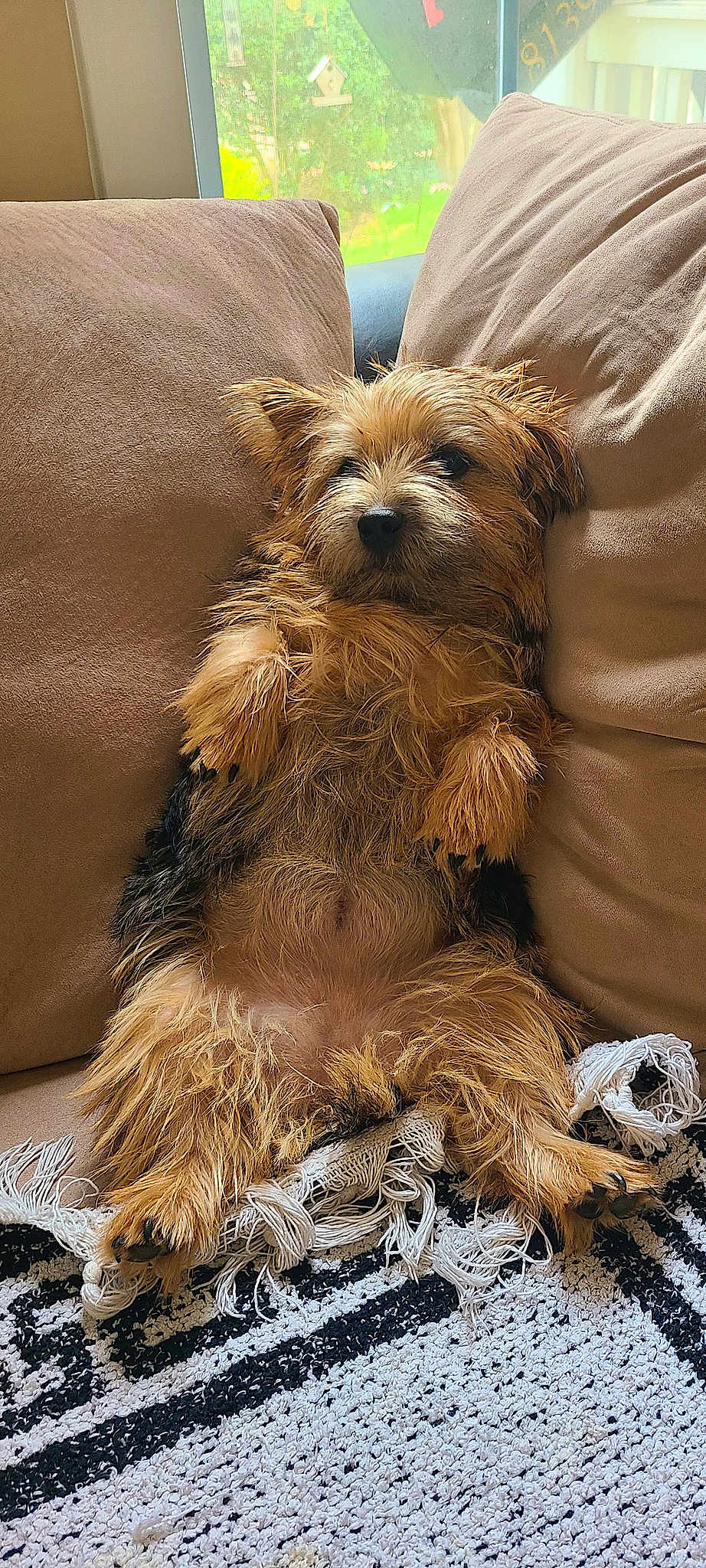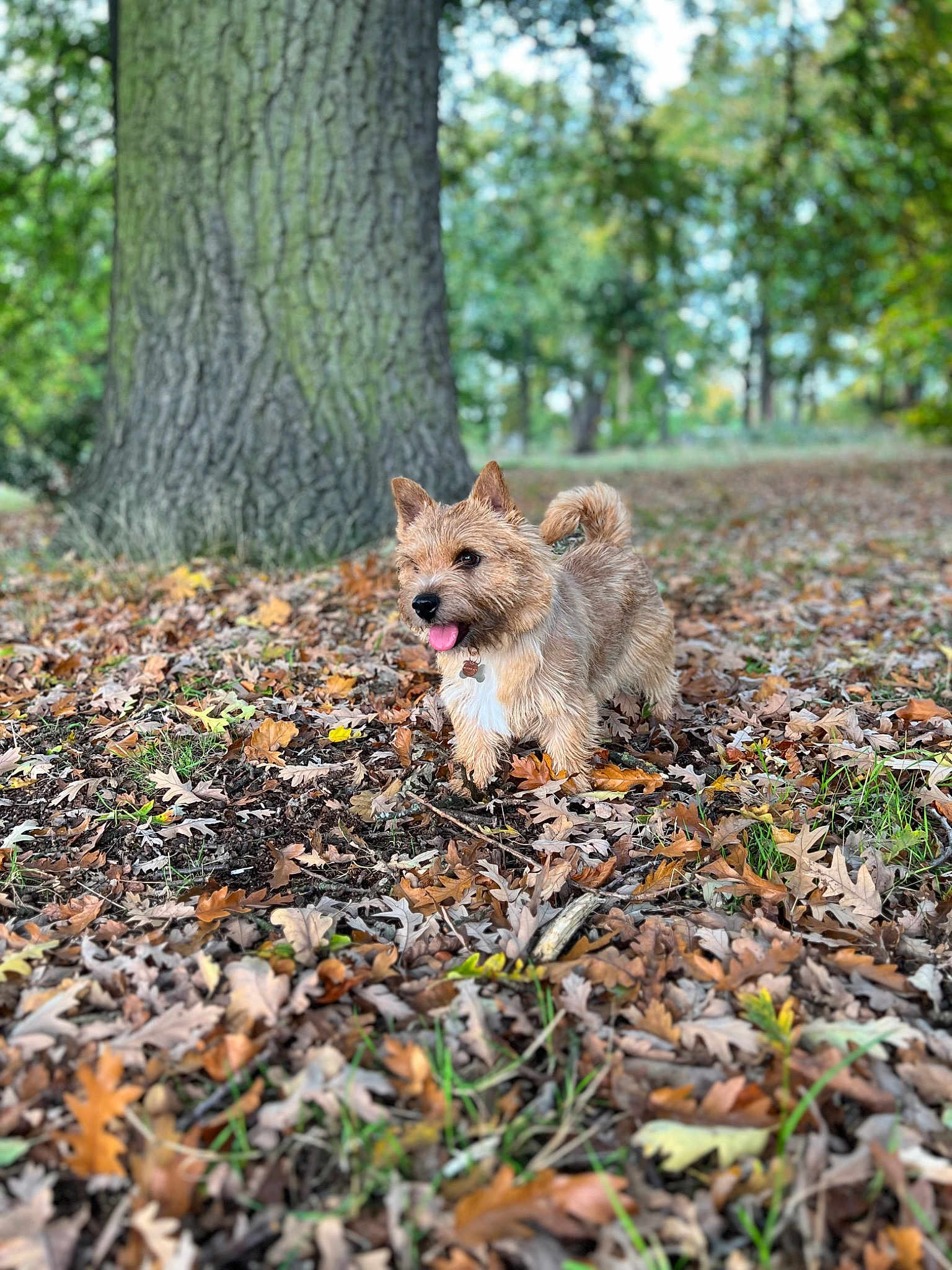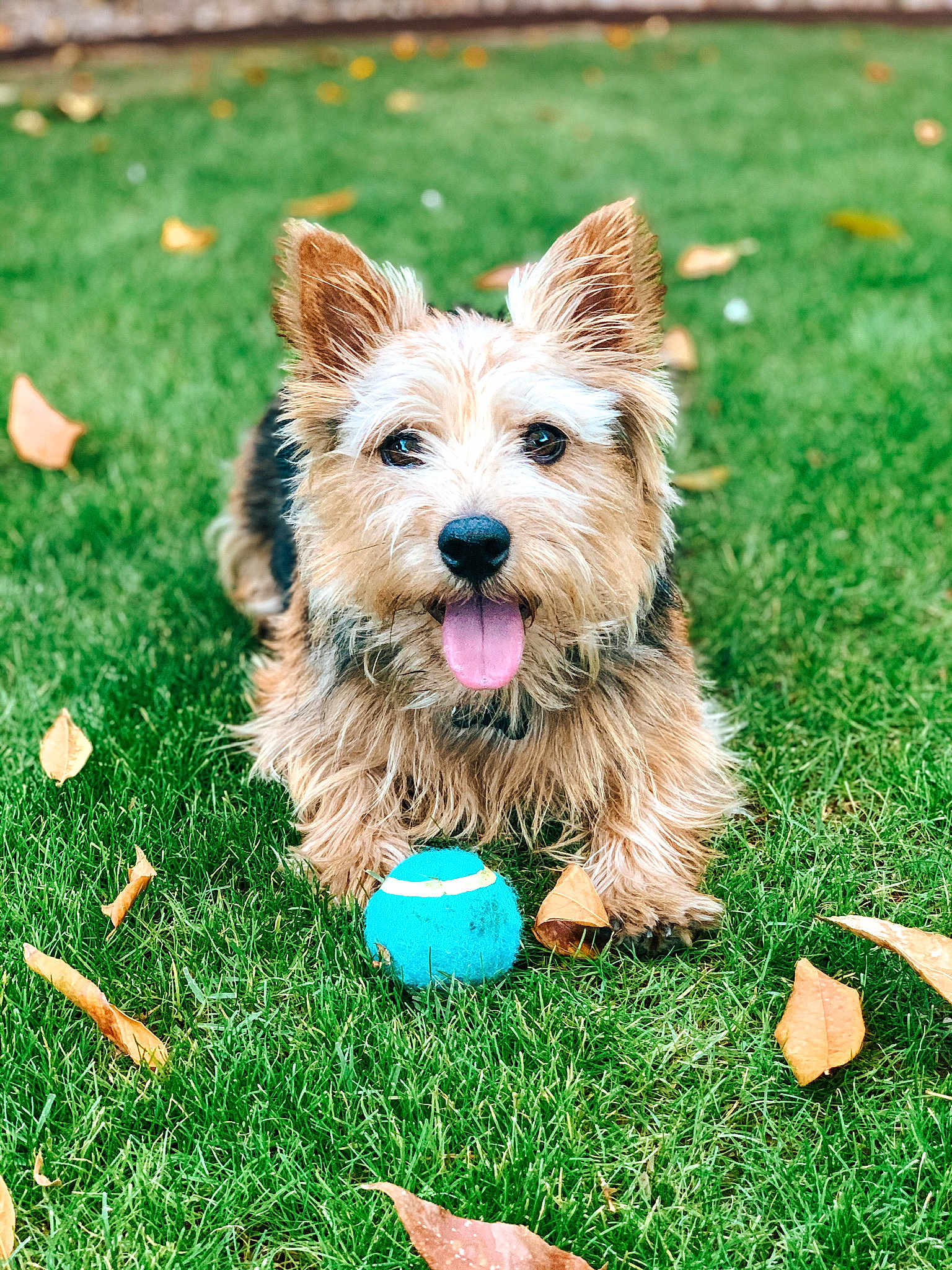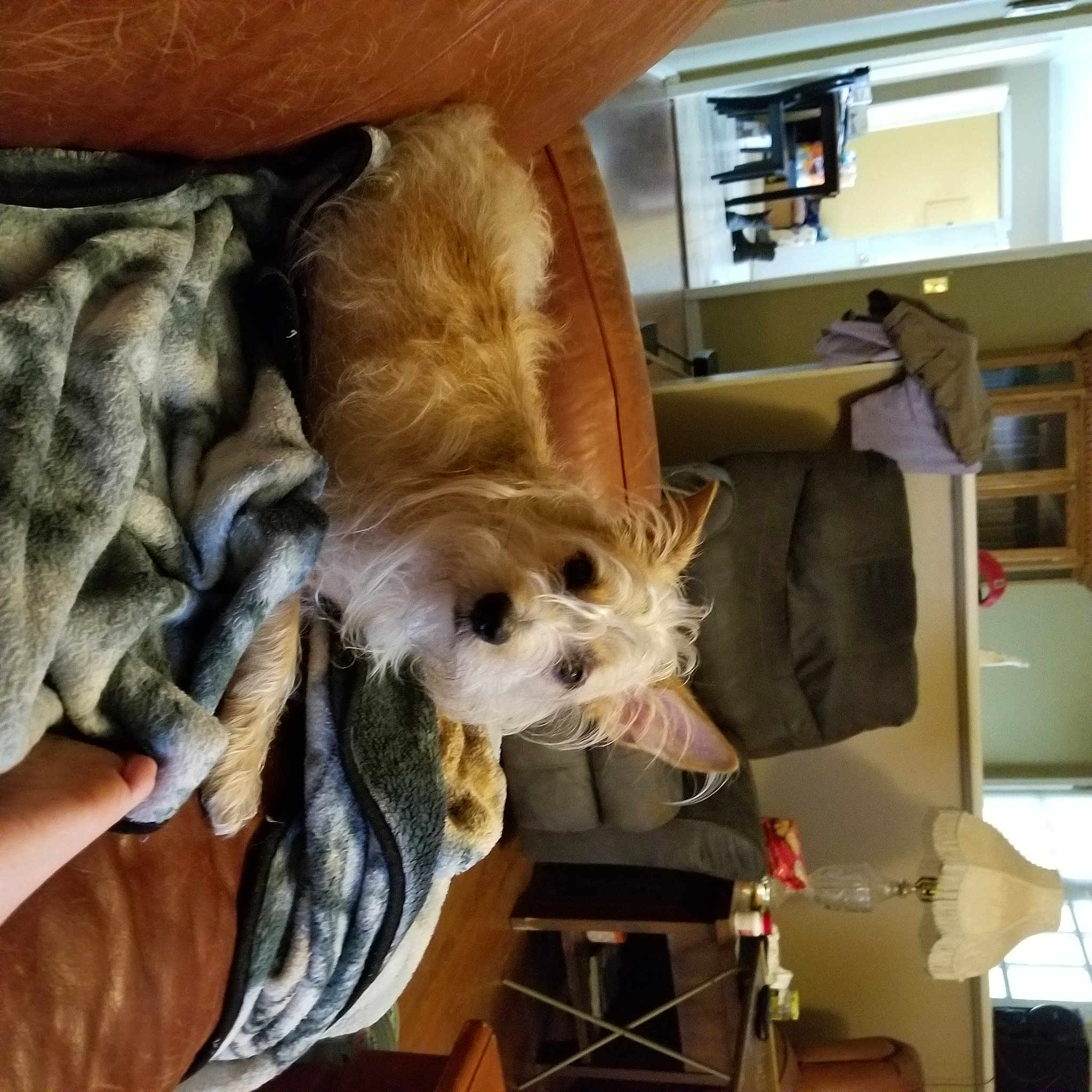Did you know that the Norwich Terrier is one of the smallest working terriers, originally bred to hunt small rodents and foxes?
Personality and Behavior of the Norwich Terrier
Norwich Terriers are known for their exuberant, outgoing, and lively personalities. They are among the happiest breeds and love to be the center of attention. Their alert and affectionate nature makes them excellent companions both for families and singles alike. Full of confidence and energy, these little dogs possess a big personality which often surprises those who are not familiar with the breed.
They are naturally friendly and get along well with children and other dogs, though they might assert dominance over smaller pets. Despite their small size, Norwich Terriers have a sturdy build and enjoy rough-and-tumble play. They are always up for a game or an adventure, and they thrive on regular exercise and mental stimulation.
Norwich Terriers are also incredibly curious, often exploring their surroundings with a keen sense of interest. This curiosity can sometimes lead them to exhibit independent streaks, though they remain loyal to their owners. Their intelligence, coupled with a desire to please, makes them trainable, yet their terrier stubbornness can occasionally pose a challenge.
An intriguing detail about the Norwich Terrier is its ancient association with Cambridge University in England, where students originally kept them to control rats and other vermin in their dormitories.
Meanings, History and Origins of the name Norwich Terrier
The name "Norwich Terrier" is derived from Norwich, a city in Norfolk, England, where the breed was originally developed. These little dogs have a rich history dating back to the late 19th century. They were predominantly bred by working-class families to serve practical purposes, such as hunting and controlling vermin populations. In this regard, their name pays homage to their geographic origin and historical significance.
Originally, Norwich Terriers and Norfolk Terriers were considered variants of the same breed. The main distinguishing feature was their ears—Norwich Terriers have erect ears, while Norfolk Terriers have dropped ears. It wasn't until 1964 that they were recognized as separate breeds by the Kennel Club in the United Kingdom.
Despite their common ancestry, Norwich Terriers have distinct traits that set them apart. The breed is known for its endurance and versatility, capable of excelling not just as a hunter but also as a family pet and show dog. Their small size, usually not exceeding 10 inches in height, makes them suitable for both urban and rural living environments.
As their popularity grew, Norwich Terriers made their way to America, where they were officially recognized by the American Kennel Club (AKC) in 1936. With their history rooted deeply in English and American cultures, these dogs have remained a beloved breed thanks to their charm and utility.
Popularity of the Norwich Terrier
The Norwich Terrier has steadily maintained a niche yet devoted following among dog enthusiasts globally. In English-speaking countries like the United States and the United Kingdom, the breed enjoys moderate popularity. It is commonly featured in dog shows and often wins awards due to its charming appearance and spirited demeanor.
In the United States, the breed's popularity has been consistent, though not overwhelming. It ranks somewhere mid-tier among recognized breeds according to the AKC, which underscores its specialized yet loyal fanbase. The Norwich Terrier's adorable look and manageable size make it a suitable choice for apartment living, which is another reason for its steady popularity.
In other parts of the world, especially in Europe and some Asian countries, the Norwich Terrier enjoys recognition, though it may not be as well-known as other small breeds like the French Bulldog or the Shih Tzu. Nonetheless, it has a solid presence in the dog-loving communities, and its appeal is ever-growing.
The breed has also made appearances in various media, contributing to its charm. The Norwich Terrier has been featured in several movies and TV shows, casting a spotlight on its delightful attributes and making it an appealing choice for many dog owners.
Health and Care of the Norwich Terrier
While Norwich Terriers are generally healthy, they are predisposed to certain health conditions. It's essential for potential owners to be aware of these to ensure a long, happy life for their furry friend. Some common issues include hip dysplasia, patellar luxation, and certain cardiac conditions. Regular veterinary checkups are crucial to keep these problems in check.
Dietary needs for Norwich Terriers should focus on high-quality dog food that meets their specific nutritional requirements. Because they are active and energetic, their diet should provide adequate protein and fat content to sustain their energy levels. Owners should also monitor their weight closely, as obesity can exacerbate health issues.
Grooming is another critical aspect of caring for a Norwich Terrier. Their wiry coat requires regular brushing to prevent matting and to remove loose hairs. It's also advisable to have their coat professionally stripped a few times a year to maintain its texture and appearance.
Like all dogs, Norwich Terriers need regular dental care, including tooth brushing and dental check-ups, to prevent gum disease and tooth decay. With the right combination of diet, grooming, and veterinary care, a Norwich Terrier can enjoy a healthy and active life.
Training and Education of the Norwich Terrier
Training a Norwich Terrier can be a rewarding experience thanks to their intelligence and eagerness to please. However, their independent nature and sometimes stubborn behavior can make training a bit challenging. It's essential to start training early and use positive reinforcement techniques.
Basic obedience training is crucial for this breed. Commands like "sit," "stay," and "come" should be taught from a young age. Consistency is key, as is the use of rewards like treats and praise to encourage good behavior. Socialization is equally important; exposing your Norwich Terrier to new people, places, and other animals can help them become well-rounded adults.
One challenge that owners may face is housebreaking. Norwich Terriers can be a bit slow to learn this, so patience and persistence are necessary. Using a crate can be effective in this process, as dogs naturally avoid soiling their sleeping area.
Agility training can be a great way to channel the Norwich Terrier's energy and intelligence. These dogs often excel in agility courses, which provide both physical exercise and mental stimulation. Enrolling in an agility class can also help strengthen the bond between owner and dog.
Choosing the right dog can greatly enhance the joy of dog ownership. Factors to consider include the breed's energy level, grooming needs, and health issues. If you're looking for a small, energetic, and friendly companion, the Norwich Terrier might just be the perfect fit for you.
In conclusion, the Norwich Terrier stands out as a spirited and affectionate breed. Its rich history, coupled with its charming personality, makes it an excellent choice for both families and singles. At KingPet, we have seen numerous Norwich Terrier contestants, each showcasing the breed's delightful characteristics. Choosing a Norwich Terrier can bring endless joy and companionship into your life.



